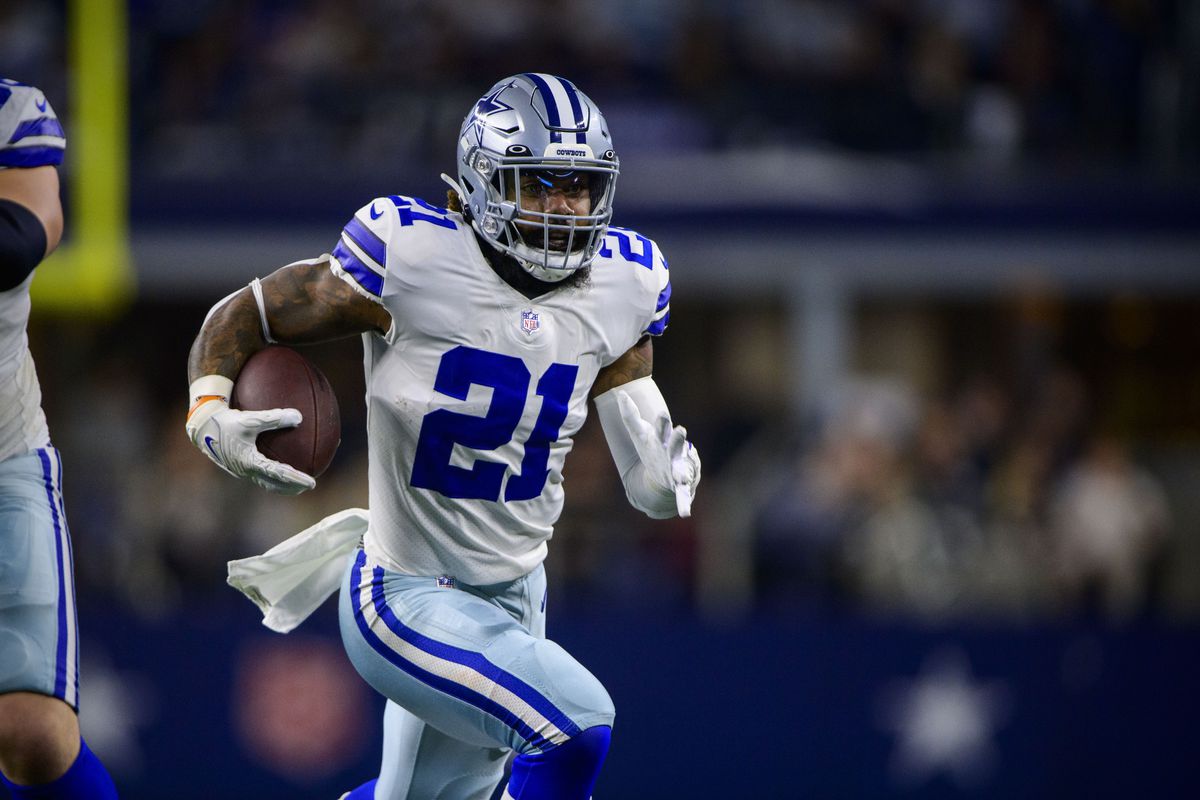I. Introduction

A. The Time Ticker: Understanding the Length of Football Games
Football is a beloved sport that captivates fans around the world. As spectators settle in to watch a game, one question often arises: how long is an average football game? In this article, we will explore the factors that influence the duration of football games at different levels, from professional leagues to college and high school games. By understanding these factors, fans can better plan their viewing experience and appreciate the time spent on the gridiron.
II. Factors Influencing the Duration of Football Games
A. Game Format and Level of Play
- Professional Football Games Professional football games, such as those in the NFL or major soccer leagues, typically have a longer duration compared to lower-level games. This is due to various factors such as higher skill levels, more complex game strategies, and a larger number of television timeouts.
- College Football Games College football games can vary in duration depending on the division and conference. Division I games often have longer play times due to higher levels of competition and more extensive media coverage. On the other hand, lower divisions may have slightly shorter game durations.
- High School Football Games High school football games generally have a shorter duration compared to higher-level games. This is partly due to varying rules and regulations set by different governing bodies. Additionally, high school games may have fewer timeouts and halftime breaks, resulting in a more streamlined match.
B. Halftime Break and Commercial Time
- Halftime Break Halftime breaks provide teams with an opportunity to regroup, analyze performance, and adjust strategies. The duration of halftime breaks can vary depending on the level of play and the structure of the game. Generally, halftime breaks in professional football games tend to be longer compared to college or high school games.
- Commercial Breaks and Timeouts Commercial breaks and timeouts play a significant role in the duration of football games, especially in professional leagues. These breaks allow for television networks to air advertisements and provide rest periods for players. The frequency and duration of commercial breaks can vary depending on the broadcasting agreements and league regulations.
III. The Average Duration of Football Games

A. Professional Football Games
- NFL Games On average, a typical NFL game lasts around three hours. This includes four quarters of 15 minutes each, with breaks for halftime, timeouts, and commercial interruptions. However, the actual playtime during a game is closer to 11 minutes.
- Major League Soccer Games In Major League Soccer, the average game duration is slightly shorter than NFL games, typically ranging from 90 to 120 minutes. This includes regulation time and added stoppage time for injuries, fouls, and other delays.
B. College Football Games
- NCAA Division I Football Games College football games in Division I can have an average duration of around three to four hours. This accounts for four quarters of 15 minutes each, along with the halftime break, timeouts, and commercial interruptions.
- Other College Football Divisions Lower divisions of college football, such as Division II or Division III, may have slightly shorter game durations, often ranging from two and a half to three and a half hours. This can vary depending on the specific conference and game regulations.
C. High School Football Games
High school football games typically have a shorter duration, averaging around two to two and a half hours. This includes four quarters of 12 minutes each, with a shorter halftime break and fewer timeouts compared to higher-level games.
IV. Factors Affecting the Length of Specific Football Games

A. Game Flow and Scoring
- Pace of the Game The pace of the game can greatly influence the length of a football game. A fast-paced game with quick play transitions and minimal stoppages will generally result in a shorter duration. On the other hand, a slower-paced game with extended timeouts, player substitutions, and deliberations can prolong the overall length.
- Scoring Frequency The frequency of scoring plays in a football game can also impact its duration. Games with high-scoring offenses and multiple touchdowns or field goals tend to be longer, as the clock stops after each scoring play for extra point attempts, kickoffs, and subsequent possessions.
B. Penalties and Referee Decisions
- Penalty Frequency Penalties can impact the length of a football game, as they often result in dead-ball situations and stoppages of play. The more penalties that occur during a game, the more it interferes with the flow and contributes to a longer overall duration.
- Referee Reviews and Challenges Referee reviews and challenges, especially in professional football, can further prolong the length of a game. These reviews occur when coaches challenge specific plays, and the referees review the footage to confirm or overturn the call on the field. The time spent on these reviews can vary, but they add extra time to the overall length of the game.
C. Overtime Periods
- Regular Season Overtime Rules In some football leagues, regular season games that end in a tie after regulation time will go into an overtime period. The length of these periods can vary, but they typically consist of a shorter period where each team has an opportunity to score and win the game. Overtime periods can extend the overall length of a football game, especially if multiple periods are needed to determine a winner.
- Playoff and Championship Overtime Rules Playoff and championship games may have different overtime rules to ensure a definitive winner. Depending on the league or tournament, overtime periods in these games may continue until there is a winner, regardless of the number of periods required. This can significantly extend the length of the game, as teams continue to play until a victor is declared.
V. Strategies to Optimize Your Football Viewing Experience

A. Plan for a Longer Time Commitment Recognizing that football games can vary in duration, it is important to plan for a longer time commitment when watching a game. Adjust your schedule accordingly, allowing for potential overtime periods or extended stoppages due to penalties or reviews.
B. Utilize Commercial Breaks Make the most of commercial breaks during a football game. Use this time for quick restroom breaks, refilling snacks or drinks, or engaging in conversation with fellow viewers. Being efficient during commercial breaks can help minimize disruptions during the actual game play.
C. Engage in Pre-game and Halftime Activities Use pre-game and halftime activities to enhance your football viewing experience. Engage in pre-game discussions, friendly predictions, or participate in halftime entertainment or games. This allows you to stay engaged and entertained throughout the entire duration of the game.
VI. Conclusion
Understanding the factors that affect the length of specific football games can help fans better plan their viewing experience. Game flow, scoring frequency, penalties, referee decisions, and overtime periods all contribute to the overall duration of a game. By adopting strategies to optimize the viewing experience, such as planning for a longer time commitment, utilizing commercial breaks efficiently, and engaging in pre-game and halftime activities, fans can fully immerse themselves in the excitement of football while managing the length of the game. Although the duration of football games may vary, the passion and thrill they deliver make every minute worthwhile.

